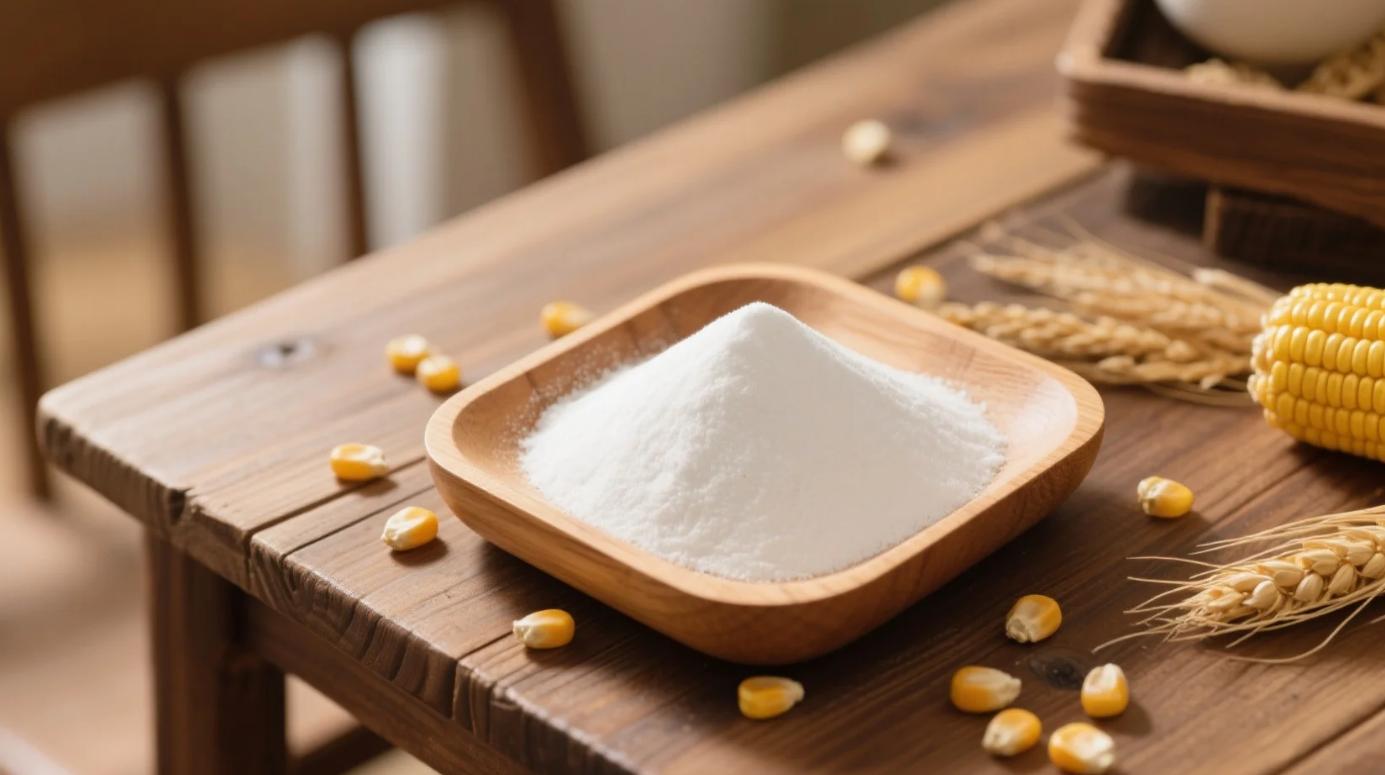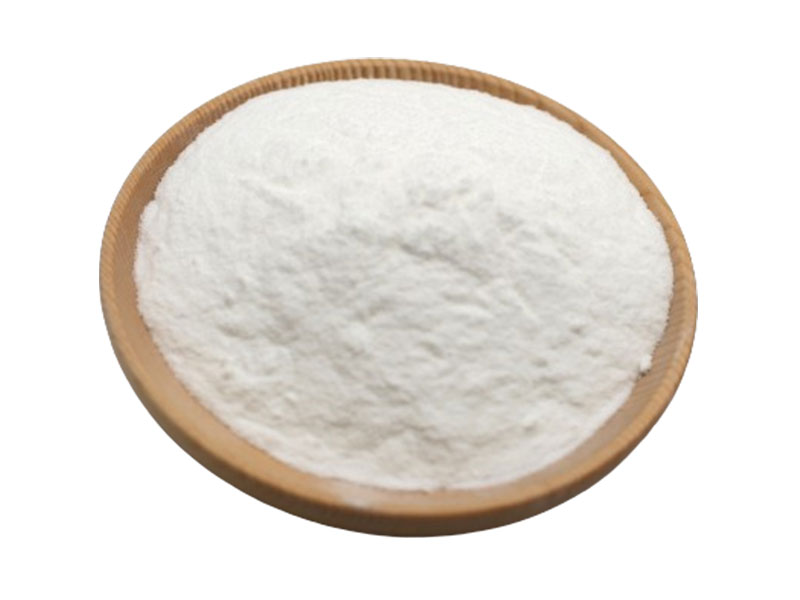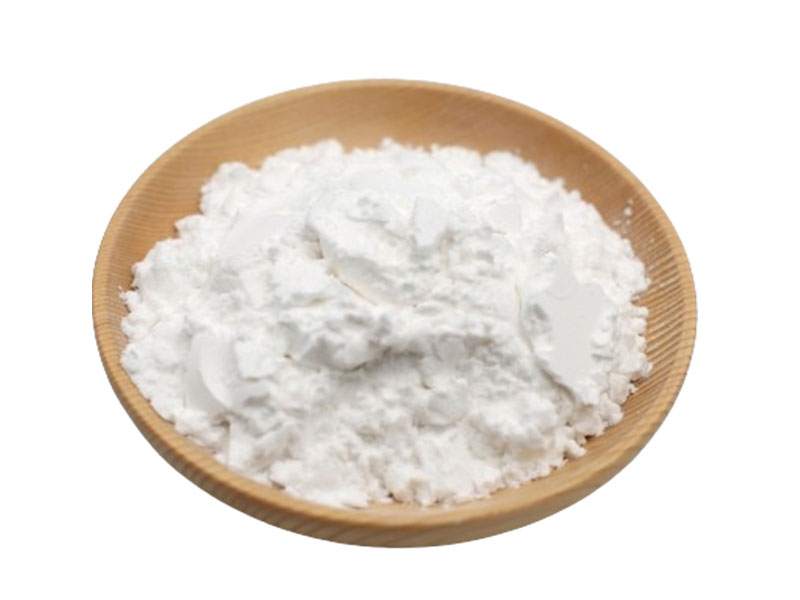Maltodextrin Under the Microscope: Friend or Foe?
A staple in sports drinks, supplements, and processed foods, maltodextrin is a carbohydrate derived from starch. But as gut health takes center stage, critics warn it might fuel inflammation. Is this true—and does switching to organic maltodextrin mitigate risks? Let’s separate fear from fact.

1. What Is Maltodextrin—and Why the Concern?
Maltodextrin is a highly processed polysaccharide made by hydrolyzing corn, potato, or rice starch. Its rapid digestibility makes it a go-to carb source for athletes, but its high glycemic index (GI 110) and processing have raised red flags:
- Conventional Risks: Often derived from GMO corn treated with glyphosate, linked to gut barrier damage.
- Inflammation Links: Mouse studies suggest maltodextrin may increase Enterobacteriaceae (pro-inflammatory gut bacteria).
2. The Inflammation Debate: What Science Says
Gut Microbiome Disruption
- A 2021 Gut Microbes study found maltodextrin:
- Reduces Bifidobacterium (beneficial bacteria) by 30%.
- Promotes mucus-eroding bacteria, potentially triggering leaky gut.
- Exception: Organic maltodextrin from cassava showed no such effects in the same study, likely due to cleaner processing.
Blood Sugar Spikes
- Rapid glucose absorption can trigger oxidative stress, a precursor to inflammation. Diabetics and sedentary individuals are most at risk.
Immune Response
- In vitro studies show maltodextrin may activate TLR4 receptors, heightening inflammatory cytokines like IL-6.
3. Organic Maltodextrin: A Cleaner Alternative
Not all maltodextrin is created equal. Organic certification addresses key inflammation triggers:
- Non-GMO Sourcing: Avoids glyphosate-sprayed corn, a toxin linked to intestinal permeability.
- Enzymatic Processing: Uses natural enzymes instead of hydrochloric acid, reducing residual irritants.
- Prebiotic Potential: Some organic variants retain resistant starch (up to 15%), feeding Akkermansia muciniphila, an anti-inflammatory gut strain.
4. Organic vs. Conventional: Inflammation Impact Compared
| Factor | Organic Maltodextrin | Conventional Maltodextrin |
|---|---|---|
| Glyphosate Residues | 0% detected | Up to 1 ppm |
| Gut Microbiome | Neutral or beneficial | Reduces good bacteria |
| Processing Chemicals | None (enzyme-based hydrolysis) | HCL, synthetic solvents |
| Immune Activation | No TLR4 activation observed | Triggers inflammatory pathways |
5. Who Should Use It—and How to Stay Safe
Safe For:
- Athletes: Post-workout shakes with organic maltodextrin + whey isolate replenish glycogen without gut stress.
- Gluten-Free Baking: Provides crisp texture in breads (use ≤20g/serving).
Avoid If:
- You have IBS or autoimmune conditions (unless certified low-FODMAP).
- You’re sedentary or insulin-resistant (monitor blood glucose).
Pro Tips:
- Pair with turmeric or omega-3s to counter inflammation.
- Choose slow-carb blends: Organic maltodextrin + acacia fiber balances glycemic response.
6. The Future of Clean Carbohydrates
- Prebiotic-Enhanced Maltodextrin: Brands like PureFuel now add GOS (galacto-oligosaccharides) to boost Bifidobacterium.
- Regenerative Sourcing: Organic cassava farms restore soil health, reducing systemic inflammation drivers.
Maltodextrin, Reinvented
Organic maltodextrin isn’t inherently inflammatory—it’s the sourcing and processing that matter. By opting for certified organic, you sidestep gut-disrupting chemicals and harness a functional carb that fits modern wellness.
Choose wisely. Fuel cleanly.
Related Products
Organic Maltodextrin Powder
Versatile Clean-Label Carbohydrate for Food, Beverage & Nutraceutical Applications
Rice Starch
Appearance: White Powder Moisture: ≤ 14% Starch Content: ≥95% Whiteness: ≥90%

